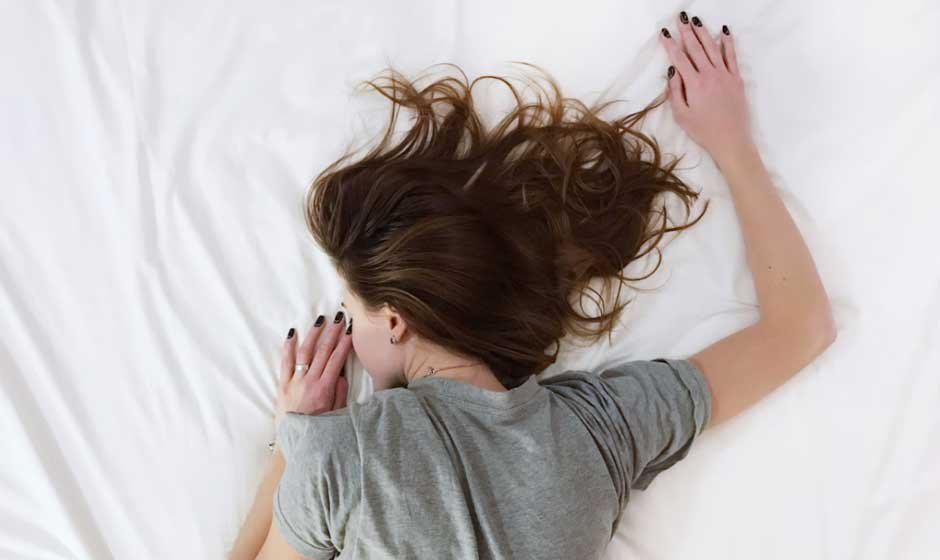Travel can be invigorating, but unfamiliar environments and disrupted routines often make restful sleep difficult to maintain. Whether you’re on a business trip, vacation, or visiting loved ones, the change in time zones, lodging, and daily structure can impact your sleep quality. Prioritizing good rest is not just about comfort; it plays a major role in supporting immune health, memory, and emotional stability, crucial components when you’re navigating new places. Here are six key strategies to help you sleep well wherever your travels take you.
Protect Your Circadian Rhythm with Blue Light Glasses
Jet lag and exposure to artificial lighting can confuse your body’s natural sleep-wake cycle. Screens and overhead lights emit blue light, which interferes with melatonin production—the hormone responsible for signaling your brain that it’s time to wind down. Wearing blue light glasses in the evening can help mitigate this disruption. Companies like blockbluelight.com offer specially designed eyewear that filters out blue wavelengths, helping your brain transition into rest mode even if your environment doesn’t support it. By incorporating these glasses into your routine, you allow your body a better chance to adjust naturally, even across time zones.
Stick to a Sleep Schedule
One of the quickest ways to throw off your internal clock is to fall out of your normal sleep rhythm. Traveling often involves early flights, late-night arrivals, or packed itineraries, tempting you to push bedtime forward or backward by hours. Staying as close as possible to your usual sleep and wake times—even when you’re in a different time zone—can help anchor your circadian rhythm. Try to wake up and go to bed at the same time every day, adjusting gradually if needed. If you land in a place where the local time differs significantly from home, begin shifting your schedule by 15 to 30 minutes a day before departure to ease the transition.
Create a Sleep-Friendly Environment

Hotel rooms, short-term rentals, or guest bedrooms aren’t always optimized for rest. Noise from elevators, city streets, or unfamiliar housemates can interrupt deep sleep, while light leaks and stiff mattresses can make it hard to drift off. Bring familiar sleep aids that work for you, such as earplugs, an eye mask, or a white noise machine (or app). Using your own pillowcase or travel pillow can also provide a sense of familiarity that helps your body feel more at ease. Dim the lights about an hour before bed to signal to your body that it’s time to relax, and unplug electronics that may glow or buzz during the night.
Limit Caffeine, Alcohol, and Heavy Meals Before Bed
What you consume in the hours leading up to sleep can significantly affect how well you rest. Coffee and other caffeinated drinks can linger in your system long after you’ve finished them, especially if you’re more sensitive than usual due to travel stress or altitude changes. Alcohol might make you feel drowsy at first, but it tends to disrupt your sleep cycles later in the night. Large or spicy meals can lead to discomfort, heartburn, or digestive issues that keep you tossing and turning. Aim to finish eating at least two to three hours before bed, and drink herbal tea or water instead of stimulating or dehydrating beverages. If you use a CPAP device, comfort plays an equally important role in how well you sleep. Choosing comfortable CPAP masks that fit properly can reduce pressure points, air leaks, and irritation, making it easier to relax and stay asleep throughout the night.
Get Natural Light Exposure During the Day
The timing and quality of light exposure during the day have a strong influence on your sleep at night. Natural sunlight helps regulate your body’s internal clock, improving alertness during the day and sleep quality after dark. When traveling, especially across multiple time zones, try to get outside in the morning or early afternoon. A walk around the neighborhood, park, or city not only helps reset your circadian rhythm but also gives you a chance to stretch your legs and get some mild exercise, which can improve sleep that night. Avoid bright artificial light late in the evening, as it can trick your body into thinking it’s still daytime.
Wind Down with a Relaxing Night Routine
Creating a wind-down routine can send a strong signal to your body that it’s time to sleep, even in a different environment. Establish a calming pre-bed ritual that you can take with you wherever you go. Reading a book, doing light stretches, journaling, or listening to calming music can all help you unwind. Avoid screens for at least an hour before sleep unless you’re using blue light filters. If your mind is racing with the day’s events or tomorrow’s plans, consider jotting down a quick list or using a guided meditation app. This helps clear mental clutter and reduces the chance of lying awake thinking.
Good sleep while traveling doesn’t have to feel elusive. Paying attention to light exposure, what you eat and drink, and how you wind down each evening helps create a sense of continuity, even in unfamiliar places. With a few intentional habits, you can wake up feeling more refreshed and ready to enjoy wherever you are.










